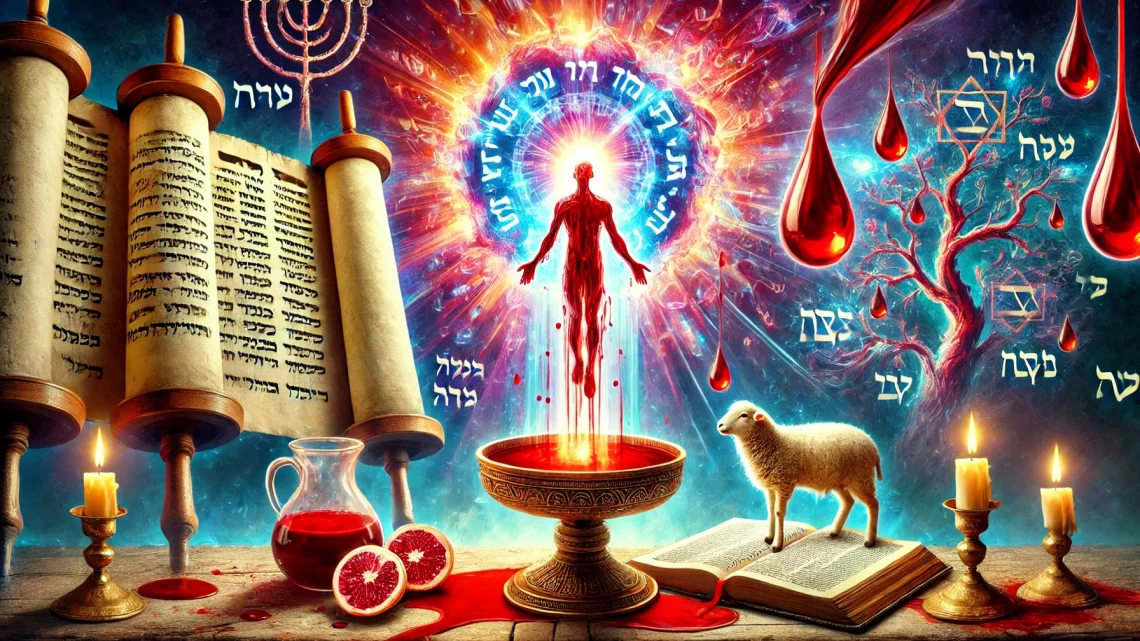The Prohibition Against Consuming Blood

In the Torah, Yehovah specifically commands His people not to consume the blood of animals, emphasizing its sacredness as the source of life:
“But you shall not eat flesh with its life, that is, its blood.” (Genesis 9:4).
This command was reiterated in the laws given to Israel:
“For the life of the flesh is in the blood, and I have given it for you on the altar to make atonement for your souls, for it is the blood that makes atonement by the life.” (Leviticus 17:11).
The prohibition is further emphasized in Leviticus 17:13-14:
“Any one also of the people of Israel, or of the strangers who sojourn among them, who takes in hunting any beast or bird that may be eaten shall pour out its blood and cover it with earth. For the life of every creature is its blood: its blood is its life. Therefore I have said to the people of Israel, ‘You shall not eat the blood of any creature, for the life of every creature is its blood.’”
This command underscores the sanctity of blood as belonging to Yehovah alone. Consuming blood would be a misuse of something that is both life-giving and sacred.
Draining the Blood in Sacrificial Practice
Yehovah also provided specific instructions for how animals were to be sacrificed, ensuring that the blood was properly drained:
“If any man of the house of Israel or of the strangers who sojourn among them eats any blood, I will set my face against that person who eats blood and will cut him off from among his people.” (Leviticus 17:10).
The blood of animals was to be poured out at the base of the altar as part of the sacrificial rituals, acknowledging that life belongs to Yehovah and that blood holds atoning power. For example, in Deuteronomy 12:23-25, Yehovah commands:
“Only be sure that you do not eat the blood, for the blood is the life, and you shall not eat the life with the flesh. You shall not eat it; you shall pour it out on the earth like water. You shall not eat it, that all may go well with you and with your children after you, when you do what is right in the sight of Yehovah.”
The careful draining and handling of blood served as a reminder of its sacred purpose in atonement and the covenant relationship between Yehovah and His people. Even animals killed for food were to have their blood drained and not consumed, reinforcing the reverence for life and Yehovah’s commands.
The Spiritual Parallel
The prohibition against consuming blood points forward to the New Covenant, where Yeshua speaks of His own blood as life-giving, though in a spiritual sense. In John 6:53-54, Yeshua says:
“Truly, truly, I say to you, unless you eat the flesh of the Son of Man and drink His blood, you have no life in you. Whoever feeds on My flesh and drinks My blood has eternal life, and I will raise him up on the last day.”
This statement caused confusion because of the Torah’s strict prohibition. However, Yeshua was speaking metaphorically, referring to the spiritual sustenance provided by His sacrificial death. His blood, poured out on the cross, fulfills the sacrificial system, and believers partake of its life-giving power through faith.
By including these instructions, we see how Yehovah instilled respect for the sanctity of life, a reverence that culminates in Yeshua’s ultimate sacrifice. The careful handling of blood in the Torah reflects Yehovah’s holiness and foreshadows the redemptive work of the Messiah.










